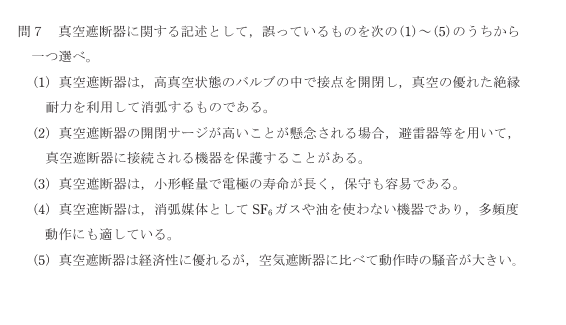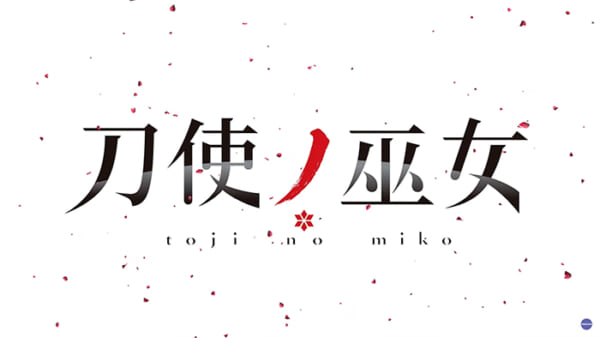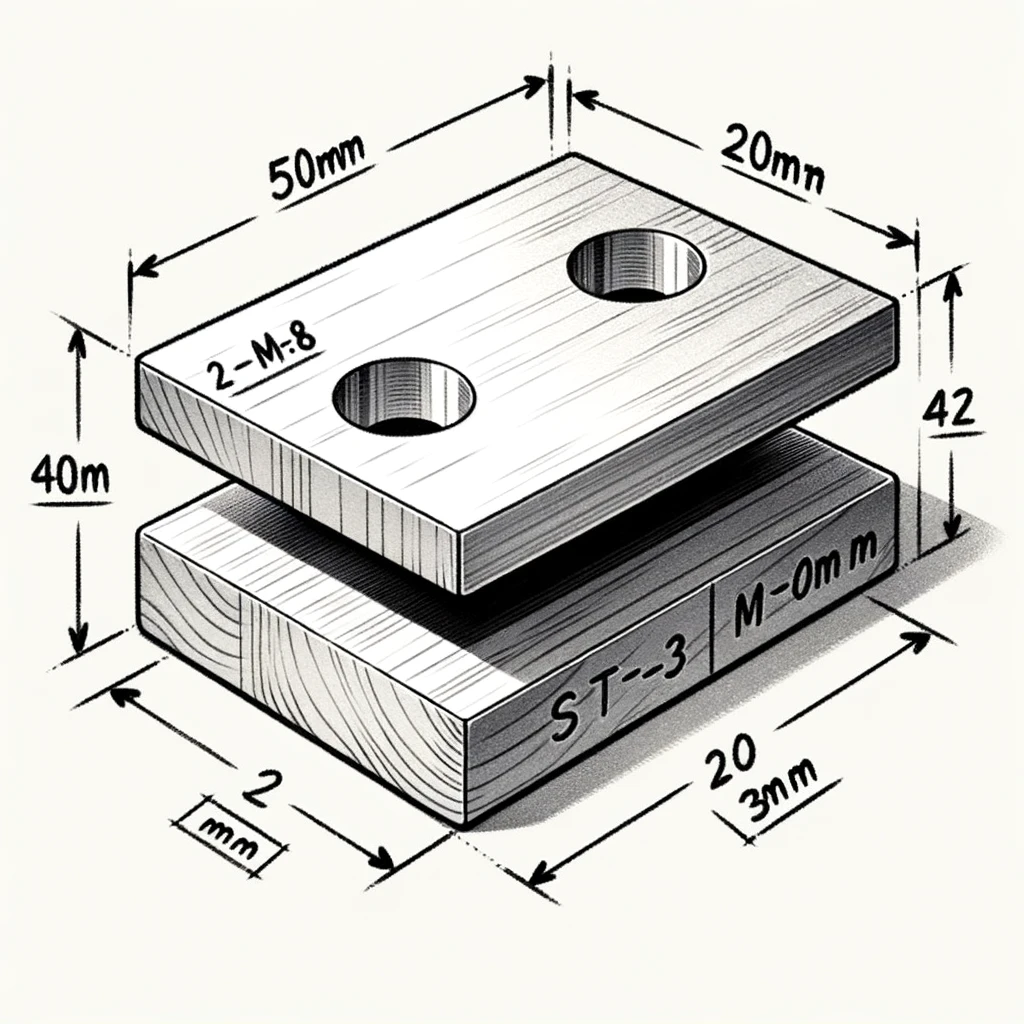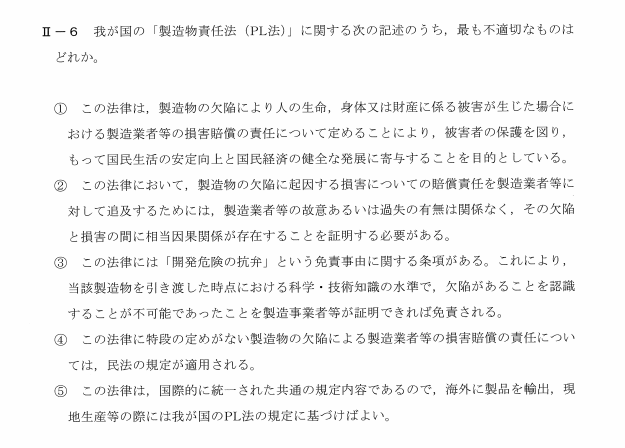Metaの「Horizon Worlds」アプリ、MicrosoftとRobloxは現実離れした流行語に乗っかっている
今、人々はメタバースで結婚しているそうです。投機家たちがメタバースで不動産を買っている、と見出しにある。経営者はメタバースで会議をすることを学ばなければならないようです。今月、フェイスブックの--つまりメタの--幹部がメタヴァースでインタビューに答えた。
ちょっとだけ難点があります。メタバースはまだ存在しませんし、おそらくすぐにも存在しないでしょう。
存在するのは、アイデア、爆発的な誇大宣伝、そしてその両方に資本参加しようとする多数のライバルアプリやプラットフォームであり、アイデアと現実の間に明確な道筋はないのです。技術界では、2021年はメタバースの年ではありませんでした。2021年は、真のメタバースを不可能にしている企業の壁をそのままに、既存の技術をメタバースの構成要素として再ブランディングする年だったのです。
10月28日、マーク・ザッカーバーグは、メタバース(デジタル社会・経済全体を包含する広大で没入感のあるオンライン領域)の構築に新たに注力することを反映し、Facebookの社名をMetaに変更すると発表しました。フェイスブック、つまりメタは、われわれのスマートフォンが今日のモバイルインターネットへの入り口であるのと同様に、その領域への入り口としてオキュラス・バーチャルリアリティ・ヘッドセットを構想している。
フェイスブックの発表から2ヶ月の間に、「メタバース」という用語は一気に広まりました。Factivaのデータベースを検索してみると、2021年の最初の9カ月間は4,000件未満、それ以前の年は400件未満だったのが、この2カ月間で12,000件以上の英文ニュース記事に登場するようになったことがわかる。(驚くには値しないが、これらの記事で最もよく言及された企業はFacebookで、次に言及された企業であるMicrosoftの10倍近くも登場している)。一方、Google Trendsによると、この言葉の検索回数は10月中旬以降、およそ20倍に急増している。
これらの記事の多くは、メタバースをあたかも既成事実のように、つまりWWWやソーシャルメディアのように実在するものであるかのように扱っています。結局のところ、メタバースはそこで結婚するために存在しなければならないのだろうか?
どうやらそうではなさそうです。
While definitions of the metaverse vary, most proponents agree it involves more than just putting on virtual reality goggles or augmented reality glasses and interacting with avatars. It implies a bridging of countless smaller digital worlds and experiences through technical standards that allow users to move between them, carrying their virtual identity, social connections and possessions as they go. The word itself — coined by author Neal Stephenson in the 1992 science-fiction novel “Snow Crash” — implies that it’s not just one app, device or experience, but an overarching system of apps, devices and experiences. (“Meta” means “beyond” or “after” in Greek, while the English prefix “meta-” connotes transcendence.)
A widely cited definition by the venture capitalist Matthew Ball starts with the premise that it is a “massively scaled and interoperable network of real-time rendered 3-D virtual worlds” that persists through time and across platforms and devices.
Zuckerberg, for his part, has described the metaverse as “an embodied Internet where you’re in the experience, not just looking at it.” And in his initial announcement, he was careful to acknowledge that “the metaverse will not be created by one company.”
Indeed, interoperability — the working-together of many virtual worlds — is key to the concept. It’s also what’s missing from almost everything that’s suddenly being called “the metaverse.”
The couple that got married “in the metaverse” actually held their virtual nuptial via the remote collaboration platform Virbela, which required guests to download the company’s proprietary software and create a specific avatar, the New York Times reported. While Virbela’s homepage claims that “the enterprise metaverse is here,” the company said its online worlds are not interoperable yet with other platforms. (It’s also worth noting that the digital marriage wasn’t a legal marriage; the couple officially tied the knot the old-fashioned way, in person.)
The Meta executive who granted an interview “in the metaverse,” meanwhile, held the interview on Meta’s own social VR platform, called Horizon Worlds, which it released on Dec. 9. With an array of 3-D gathering spaces, experiences and minigames, Horizon Worlds exemplifies Meta’s vision for what the metaverse might look like. But you can only reach it via Meta’s own Quest headsets, which start at $300, and your log-in is tied to your Facebook identity.
メタバースの定義はさまざまですが、多くの支持者は、単にバーチャルリアリティのゴーグルや拡張現実メガネをかけてアバターと対話する以上のものであることに同意しています。それは、ユーザーがバーチャルなアイデンティティ、社会的なつながり、所有物を持ちながら、それらの間を移動できるようにする技術標準を通じて、無数の小さなデジタル世界と経験の架け橋となることを意味する。この言葉自体は、作家のニール・スティーブンソンが1992年に発表したSF小説『スノー・クラッシュ』の中で作られたもので、一つのアプリやデバイス、体験ではなく、アプリやデバイス、体験の包括的なシステムであることを意味している。(メタ」はギリシャ語で「超えて」「後」を意味し、英語の接頭辞「meta-」は超越を意味する)。
ベンチャーキャピタリストのマシュー・ボールによる広く引用されている定義は、時間やプラットフォーム、デバイスを超えて持続する「リアルタイムでレンダリングされた3D仮想世界の大規模で相互運用可能なネットワーク」という前提で始まっている。
ザッカーバーグは、メタバースを「見るだけでなく、体験するインターネット」と表現している。そして、最初の発表では、"メタバースは一企業によって作られるものではない "ということを注意深く認めています。
確かに、相互運用性、つまり多くの仮想世界を連携させることは、このコンセプトの鍵になります。また、突然「メタバース」と呼ばれるようになったもののほとんどに欠けているものでもあります。
ニューヨーク・タイムズ紙によると、「メタバース」で結婚したカップルは、実際には遠隔コラボレーション・プラットフォーム「Virbela」を通じて仮想結婚を行った。Virbela社のホームページでは、「エンタープライズ・メタバースがここにある」と謳っているが、同社のオンラインワールドは他のプラットフォームとの相互運用性はまだないとのことだ。(このデジタル婚は法律婚ではなく、二人は昔ながらの方法で正式に結婚したことも特筆に値する)。
一方、「メタバースで」インタビューに応じたメタ社の幹部は、12月9日にリリースした「Horizon Worlds」というメタ社独自のソーシャルVRプラットフォームでインタビューを行った。3Dの集会スペースや体験、ミニゲームを多数用意したHorizon Worldsは、メタバースのあり方に関するMetaのビジョンを体現している。しかし、このプラットフォームにアクセスするには、Meta社独自のQuestヘッドセット(300ドルから)が必要で、ログインにはFacebookのIDが必要となる。
That isn’t a metaverse. It’s just another walled garden, the venerable tech term that denotes a self-contained online environment that’s closed off from the wider digital world. Horizon Worlds is to the metaverse as AOL was to the Web — except that there really was a Web beyond AOL, whereas at this point, there’s no metaverse beyond Horizon Worlds.
While Meta has seemed to embrace the “metaverse” framing — it was Meta’s Nick Clegg who suggested to the Financial Times reporter that they meet “in the metaverse” — a spokesperson acknowledged to The Washington Post that Horizon Worlds is just a starting point.
“We see Horizon Worlds as one of many foundational steps to make the metaverse a reality over the next 5 to 10 years,” Meta’s Eliza Kern said in an email. “But just like the Internet, the metaverse won’t be built by a single company, and Horizon Worlds is an example of how people will build the next generation of social spaces together.”
For now, the best microcosm of what a metaverse might look like is Roblox, an online platform wildly popular with children that encourages users to program their own games and experiences within it. Players then hop between each other’s experiences, maintaining the same identity and inviting their friends along if they like. The sub-apps share a virtual currency, called Robux, with the company taking a cut of every transaction. While Roblox can be played on virtual reality devices, it’s most popular as a simple app on users’ phones and PCs.
A real metaverse would link Roblox, Horizon Worlds, Virbela and all the other virtual worlds, with protocols for transferring one’s information and currency between them. Perhaps you’d stop by a virtual currency exchange to convert some Robux to V-Bux when you moved from Roblox to Fortnite, another game with metaverse-like elements, which is owned by Epic Games.
Epic CEO Tim Sweeney, by the way, is a leading metaverse proponent: He outlined his vision for it in the Epic Games v. Apple antitrust trial, presenting it as a tech future beyond the control of the smartphone giants. Microsoft CEO Satya Nadella is also staking a chunk of his firm’s future on what he calls the “enterprise metaverse,” a system of virtual worlds built for work.
But getting rival companies to meld their products into a single metaverse would require a level of cooperation and openness for which today’s tech gatekeepers have shown little appetite or aptitude. Historically, the development of interoperable technologies such as email and the Web has been driven by the government, academia and nonprofits — not corporate giants such as Meta.
There is a vocal and moneyed contingent that sees a solution in the blockchain — decentralized ledgers that can track activities without corporate or government oversight. The virtual world that has sparked the most real estate speculation — called Decentraland — runs on the Ethereum blockchain. The idea is to build a metaverse that exists independently of today’s tech giants, breaking the grip they’ve established on today’s mobile Internet with protocols that theoretically allow anyone to build apps and experiences that are accessible to all.
One obstacle is that blockchain transactions can be slow, insecure or environmentally wasteful, depending on the protocol, making them potentially an awkward fit for a technology that would require intensive, real-time processing on an unprecedented scale.
Ball, even as he defined the metaverse, noted that it’s bound to be a moving target.
“We should not expect a single, all-illuminating definition of the ‘Metaverse,’ ” he wrote in June. “Especially not at a time in which the Metaverse has only just begun to emerge.”
But neither should we apply the term indiscriminately.
With all the hype around the idea of the metaverse, it’s clear that Meta, Microsoft, Roblox, Epic Games and many others have an incentive to invest heavily in marketing their products as part of the metaverse. Defining the term down to the point that it already exists plays into the hands of those that already hold the most power. But calling today’s walled-off apps “the metaverse” lets them off the hook for the hardest part: building a metaverse in which anyone can participate.
<おすすめ記事>
・【科学が証明】第二言語習得論 このおすすめの学習ツールで英語をマスターする
・【株式投資でマネーマシンを作る】管理人のポートフォリオ・スペック
(管理人は米国株式に投資をしているので、英語学習をするようになりました。勉強をする意義があると継続できるし、苦痛が少なくて済むとおもいます)
・テスラの蓄電池(パワーウォール)について
・“Play-to-earn”ゲームはポンジスキームだ!!!
それはメタバースではない。広いデジタル世界から閉ざされた自己完結型のオンライン環境を指す由緒正しい技術用語である「ウォールドガーデン」のひとつに過ぎないのだ。Horizon Worldsはメタバースにとって、AOLがウェブであったように、AOLの先にウェブがあったことを除けば、Horizon Worldsの先にメタバースはないのです。
メタ社は「メタバース」の枠組みを受け入れているようですが(フィナンシャル・タイムズ紙の記者に「メタバースで」会うことを提案したのはメタ社のニック・クレッグ氏)、広報担当者はワシントンポスト紙に、Horizon Worldsは出発点に過ぎないことを認めました。
「Horizon Worldsは、今後5年から10年の間にメタバースを実現するための多くの基礎的ステップの1つだと考えている」と、Meta社のEliza Kern氏は電子メールで述べた。"しかし、インターネットと同じように、メタバースは一企業によって構築されるものではなく、Horizon Worldsは、人々が一緒に次世代の社会的空間を構築する方法の一例です。"
今のところ、メタバースがどのようなものかを示す最も良い縮図は、Robloxです。これは、子供に大人気のオンラインプラットフォームで、ユーザーはその中で自分のゲームや経験をプログラムすることを奨励されています。このプラットフォームでは、ユーザーは自分のゲームや体験をプログラムすることができます。そして、プレイヤーはお互いの体験を行き来し、同じアイデンティティを維持し、好きなら友達を誘うことができます。サブ・アプリはRobuxと呼ばれる仮想通貨を共有し、同社はその取引ごとに分け前を受け取ります。Robloxはバーチャルリアリティ機器でも遊べるが、ユーザーの携帯電話やPCにあるシンプルなアプリとして最も人気がある。
本当のメタバースは、Roblox、Horizon Worlds、Virbela、その他すべての仮想世界をリンクし、それらの間で自分の情報や通貨を転送するプロトコルを備えています。RobloxからEpic Gamesが所有するメタバース的な要素を持つ別のゲームであるFortniteに移行する際に、仮想通貨取引所に立ち寄ってRobuxをV-Buxに変換することもあるかもしれませんね。
ちなみにEpicのCEOであるTim Sweeney氏はメタバース提唱者の筆頭格です。彼はEpic Games対Appleの反トラスト法裁判でそのビジョンを示し、スマートフォン大手の支配を超えたテクノロジーの未来として提示しています。マイクロソフトのCEOであるSatya Nadella氏もまた、彼が「エンタープライズ・メタバース」と呼ぶ、仕事のために構築された仮想世界のシステムに会社の将来の大部分を賭けています。
しかし、ライバル企業の製品を1つのメタバースに融合させるには、今日の技術界の門番がほとんど意欲も適性も示さないようなレベルの協力と開放性が必要です。歴史的に、電子メールやウェブのような相互運用可能な技術の開発は、メタ社のような巨大企業ではなく、政府、学術機関、非営利団体によって推進されてきた。
企業や政府の監視なしに活動を追跡できる分散型台帳であるブロックチェーンに解決策を見出す、声高で金満な集団が存在する。最も多くの不動産投機を引き起こした仮想世界(Decentralandと呼ばれる)は、イーサリアムのブロックチェーン上で動作しています。このアイデアは、今日のハイテク大手から独立して存在するメタバースを構築し、今日のモバイルインターネットに彼らが確立したグリップを、理論的には誰もがアクセスできるアプリや体験を構築できるプロトコルで打ち破ろうというものです。
ブロックチェーンの取引は、プロトコルによっては速度が遅く、安全性に欠け、環境的にも無駄が多いため、前例のない規模の集中的なリアルタイム処理を必要とする技術には不向きな可能性があることが障害のひとつとなっています。
ボール氏は、メタバースを定義しながらも、それが動く目標であることに変わりはないと指摘する。
彼は6月に「『メタバース』について、すべてを照らし出す単一の定義を期待すべきではない」と書いています。「特に、メタバースがまだ出現し始めたばかりの時期には。
しかし、この言葉を無差別に適用すべきでもありません。
メタバースのアイデアにまつわるあらゆる誇大広告によって、Meta、Microsoft、Roblox、Epic Games、その他多くの企業が、自社製品をメタバースの一部としてマーケティングするために多額の投資をする動機があることは明らかです。この用語をすでに存在するものまで定義することは、すでに最も大きな力を持つものの手にかかることになります。しかし、今日の壁に囲まれたアプリを「メタバース」と呼ぶことで、誰もが参加できるメタバースを構築するという最も困難な部分から解放されることになるのです。





